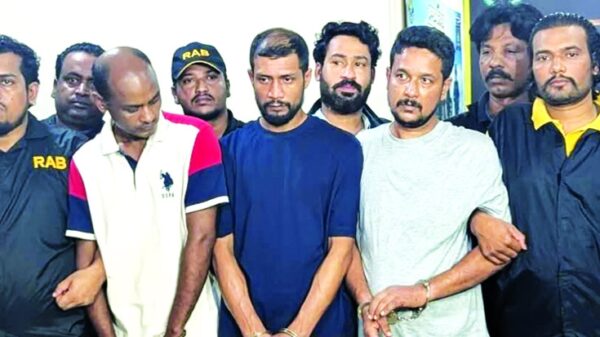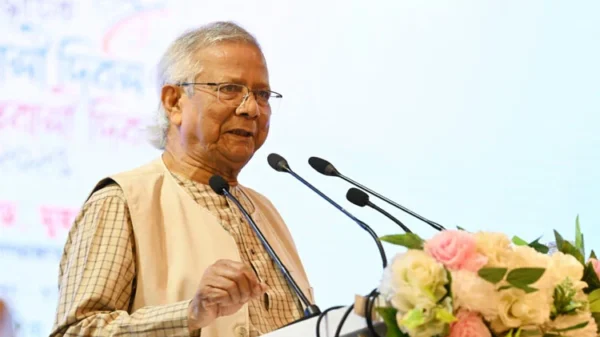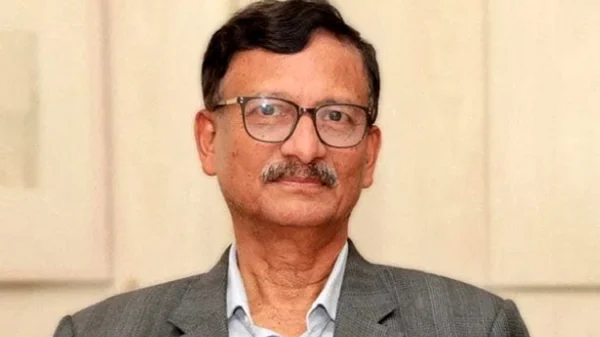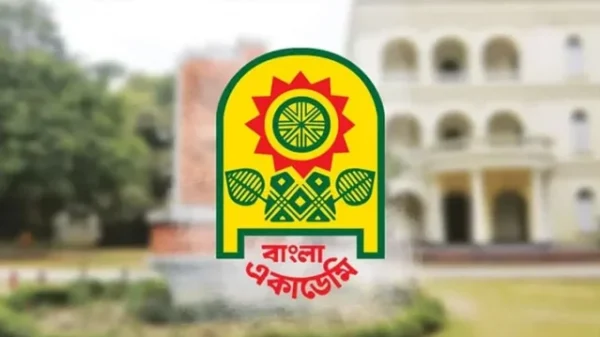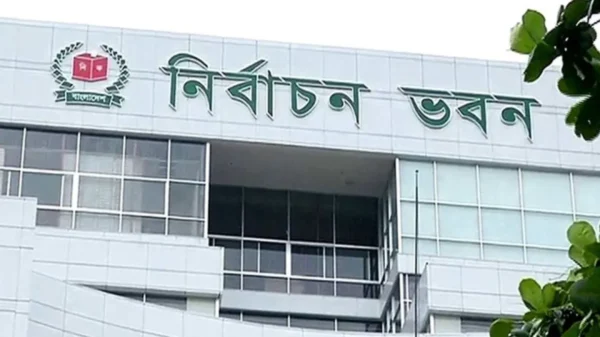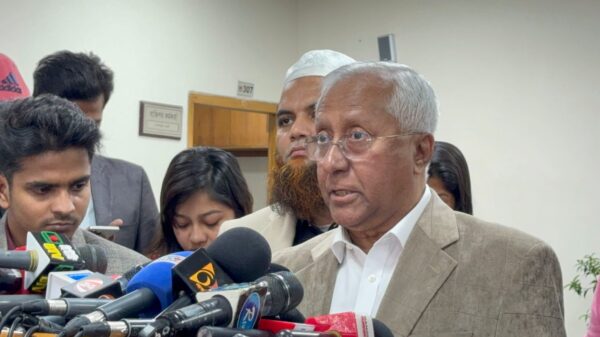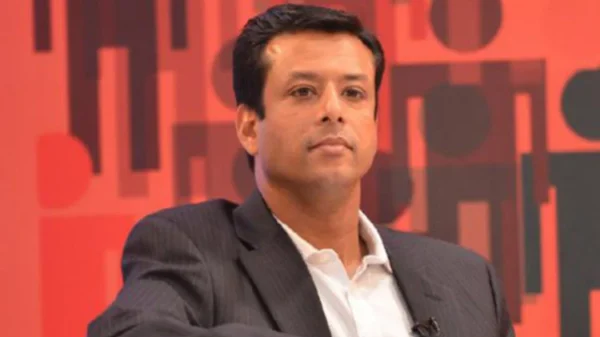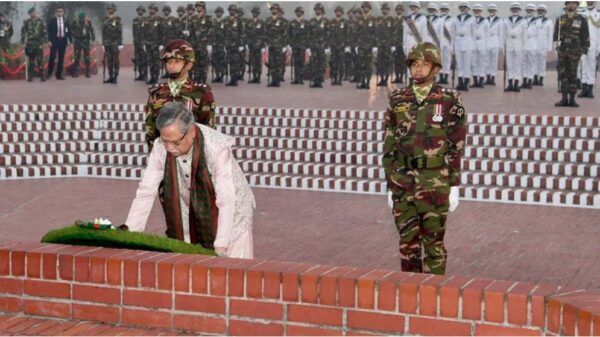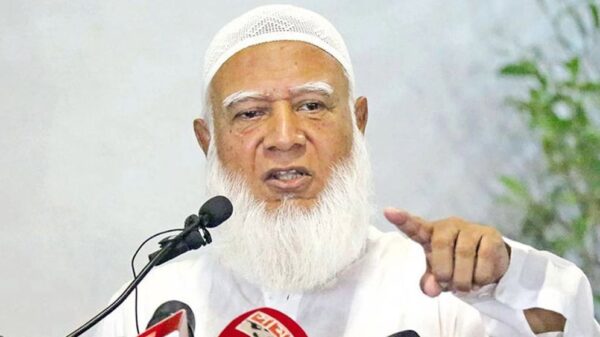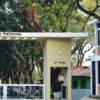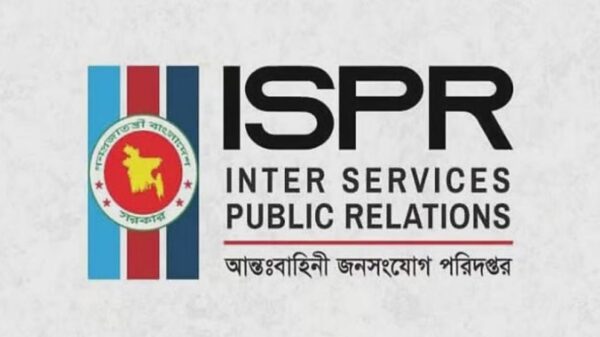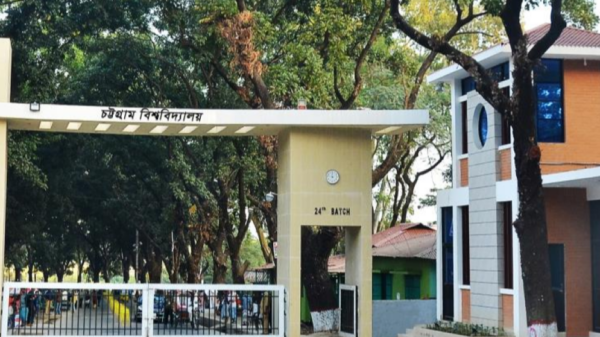Staff Reporter:
Highlighting the importance of improving the electoral system, Chief Adviser Prof Muhammad Yunus on Wednesday announced the formation six commissions with appointment of six eminent citizens as their heads considering their experience in the respective fields.
“After this, we will continue the process of formation of commissions on various other issues,” he said in a televised speech marking the first month of the interim government which was formed on August 8.
The chief adviser said Dr Badiul Alam Majumdar will be the head of Electoral System Reform Commis-sion, Sarfraz Chowdhury will be the head of Police Administration Reform Commission, Justice Shah Abu Naeem Mominur Rahman will be the head of Judiciary Reform Commission, TIB’s Dr Iftek-haruzzaman will be the head of Anti-Corruption Reform Commission, Abdul Mueed Chowdhury will be the head of Public Administration Reform Commission, Dr Shahdeen Malik will head of Constitution Reform Commission.
The names of the other members of these commissions will be decided in consultation with the heads of the respective commissions, Prof Yunus said.
“As we believe in people’s right to vote and people’s ownership, the improvement of the electoral system has been given importance in our reform ideas,” Prof Yunus said.
He said reforming four institutions – police administration, public administration, judiciary and anti-corruption commission – is essential for free and fair elections as these institutions are related to the elec-toral system.
“I believe that the reform of these institutions will also contribute to the establishment of a state system with public ownership, accountability and welfare.
Prof Yunus said the Election Commission, once fully constituted, is expected to formally begin its work on October 1 and they expect it to be completed within the next three months.
“Based on the Commission’s report, the government will hold consultations with major political parties at the next stage,” he said adding that at the final stage, the outline of reform ideas will be finalized on the basis of a three-to-seven-day long consultation meeting with students, civil society, representatives of political parties and representatives of the government.
“It will also give an idea of how this outline will be implemented,” Prof Yunus said.
Advisory council members, students, workers, representatives of mass movements, representatives of civil society and political parties will be present in the deliberations and consultation meetings of the commissions.


